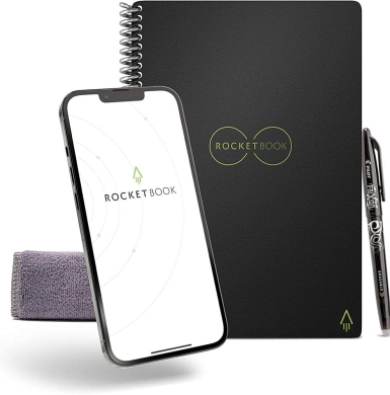Learning Disabilities (LDs) are neurological processing disorders that affect individuals' basic learning skills, such as reading, writing, and/or math. They can also affect skills such as time management, organization, memory, and attention. LDs vary from person to person and can vary greatly in severity. Examples of LDs include:
- Dyslexia: difficulty in reading
- Dyscalculia: difficulty in math
- Dysgraphia: difficulty in written expression
Attention-Deficit Hyperactivity Disorders (ADHD) are neurodevelopmental disorders that substantially limits one or more major life activities, such as concentrating, processing, or memory.
Symptoms are diverse and vary from person to person. They may include distractability, impulsivity, hyperactivity, executive dysfunction, sensory sensitivities, difficulties with emotional regulation, and more. ADHD is broken down into three presentations: Combined, Predominantly Inattentive, and Predominantly Hyperactive-Impulsive.



Helpful Links
- Getting Started with RCPD: Registering with Accommodations
- Disability Documentation
- MSU Disability and Reasonable Accommodation Policy
- Housing and Campus Life Accommodations
- Confidentiality and Mandatory Reporting
- Implementing Accommodations: Student, Employee
- Service Animal Policy
- Assistance Animal Policy
- Dispute resolution: in the case you experience a disagreement regarding disability determination or appropriateness of accommodations, please review this page/process
Resources
- Stern Tutoring and Alternative Techniques for Education (STATE)
- ADDitude
- Children and Adults with ADHD (CHADD)
- Assistive Technology
- Housing & Campus Life
- MSU Counseling and Psychiatric Services
- Job Accessibility Network (JAN)
- MSU Employee Assistance Program
- Tower Guard
- MSU Neighborhood Student Success Collaborative (NSSC) Resources
- RCPD/MRS Careers Collaborative
- Accessible Textbooks/Media
- Student Resources
Building Community
A Note on Documentation - Online Fee for Diagnosis
There are numerous online entities that offer diagnoses in exchange for a fee. These predatory companies often operate completely on a self-report surveys and the “patient” does not have direct contact with a licensed clinician/evaluator. We’re seeing this most often with ADHD diagnoses. We cannot accept this kind of documentation and will support students to retrieve additional documents to complete their registration. We want to make sure our students are protected; if you have questions about an online diagnosis service, please feel free to reach out to an ADHD or Neurodivergent specialist (listed on this page)!



